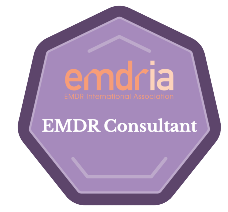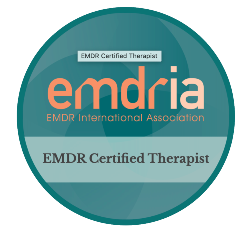Ketamine Assisted Psychotherapy: What to Expect
While advancements in Ketamine-Assisted Psychotherapy (KAP) have been in the news more lately, most people still don’t know what to expect from a KAP session. KAP is a holistic therapeutic modality that takes into account our modern understanding of how trauma and stress influence the function of the brain, and utilizes ketamine to assist in the treatment of a range of different issues, including but not limited to:
- Depression
- Anxiety
- Chronic Pain
- Addiction
- PTSD \ Trauma
How is Ketamine used in KAP?
KAP relies upon the administration of Ketamine, which functions as a fast-acting antidepressant and mood enhancer. Ketamine blocks the brain’s NMDA receptors while simultaneously stimulating its AMPA receptors. The natural result of this is that the brain is primed to create new synaptic connections and rewrite old ones.
In short, your brain is put into a more open, malleable state, where old wounds can be healed, and bad habits can be altered. Several types of psychotherapy such as EMDR and Brainspotting rely on activating the brain’s ability to self-heal and self-correct. While those therapies are effective, not all clients benefit from them equally. Ketamine-Assisted Psychotherapy has been shown to be effective in treating even treatment-resistant depression, anxiety, and addiction.

What Are the Benefits of KAP?
Originally, Ketamine was used as an anesthesia medicine—first for animals and then used during the 1970s on battlefields. It has also been used as a sedative for an extended period of time when individuals are experiencing manic episodes, extreme distress, or suicidal thoughts. Research has since established ketamine’s effectiveness in treating otherwise intractable cases of depression.
Ketamine-Assisted Psychotherapy is useful in helping individuals work through issues that have not been responsive to other treatments and medications. There are wide-ranging applications for its use in treating a wide variety of mental health issues.
What To Expect from a KAP Session
While ketamine can be administered via IV infusion, injection, or nasal spray, at Greenwood Counseling Center we use a sublingual lozenge form of ketamine, taken orally. The ketamine takes effect quickly and lasts for about 45 minutes. During the session, our therapists serve as guides, helping clients explore thoughts and feelings in a safe, comfortable environment.
A typical session lasts two hours in total, from dosing to completion. During that time the therapist may work with the client actively via talk therapy, or the client may simply relax, letting their minds wander freely in a dissociative state as their brain is primed for healing and rejuvenation.
While under the effects of ketamine, clients are generally met with feelings of deep relaxation that last for approximately forty-five minutes. During that time, clients may experience a wide range of different sensations. After the session, most report having seen vivid images, and feeling an enhanced sense of peace and creativity.
Generally speaking, Ketamine-Assisted Psychotherapy is a collaborative endeavor. Therapists work with a referring medical partner to establish the frequency and length of dosing sessions, as well as to ensure the safe administration of the drug.
Ketamine Assisted Psychotherapy can take place either in-person or remotely via a telehealth appointment. Ketamine should only be administered under the supervision of qualified professionals. Casual use of the drug—like any other medication—could be dangerous.
Our Services
Greenwood Counseling Center partners with Dr. Andreas Edrich, MD, who handles prescriptions and support for the medical aspect of our treatment plan. You can obtain information about Dr. Edrich and his practice at www.hhfamilymedicine.com. Our team of trained EMDR Therapists handles the psychotherapeutic aspect of the treatment.
Please reach out today if you’re interested in finding out whether Ketamine-Assisted Psychotherapy is right for you. We’d love to talk with you about what you’re struggling with, and help find an approach that can help you make long-lasting improvements to your life.





